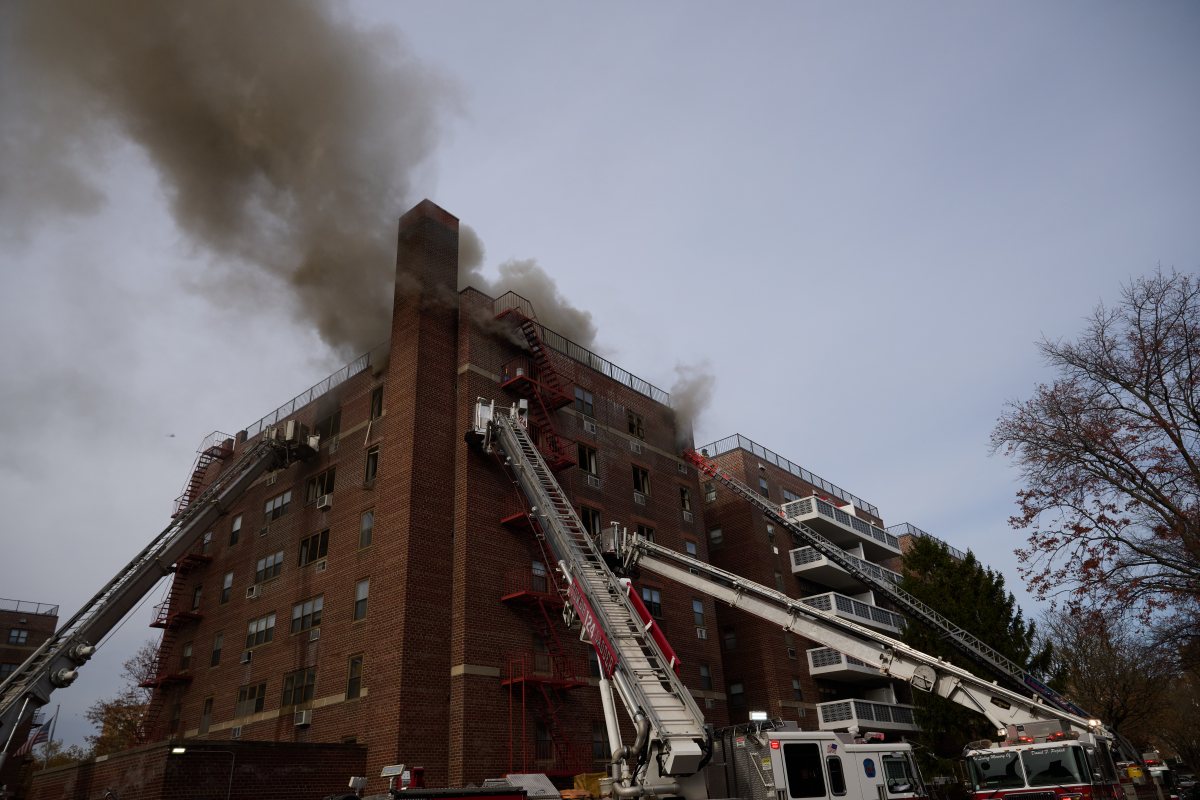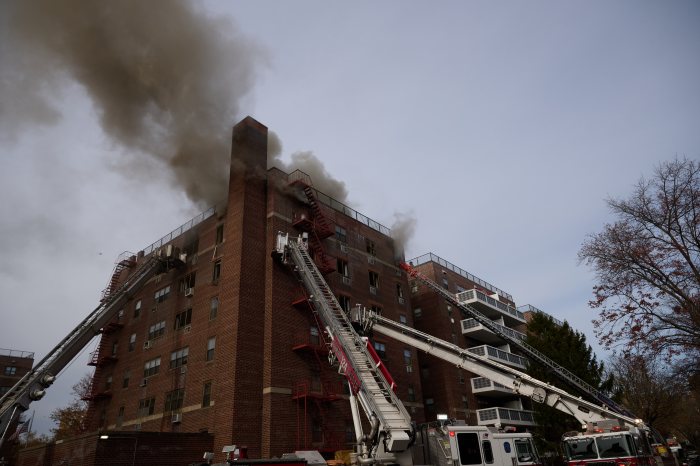By Muneeza Iqbal
Washington Square Park is famous for its street art and performers, from the guy who makes beautiful sidewalk images with chalk, to the guy giving free advice on love, to the musicians, dancers and acrobatic tumblers.
Together they attract hundreds of visitors a day, especially on warm and sunny spring days. But this season a regulation is being enforced that will limit the influx of people enjoying these performances.
Performers drawing mass crowds and, in some cases, playing loud music, especially drums, have drawn complaints, according to the Parks Department. As a result, several weeks ago, Park Enforcement Police officers began enforcing a pre-existing, but rarely used, law limiting the number of people watching any performance to no more than 20. (Larger crowds that are relatively quiet may be permitted.)
If anticipating attracting an audience larger than 20 that might be noisy, the performer needs to get a special event permit. If violating this rule, performers can be slapped with a $250 fine, as was the case a few weeks ago when several performers were warned, then ticketed.
However, many of the park’s performers, such as Matthew Duhaime of Moxie Motive, are not concerned about the regulation.
“Don’t try to fine us for bulls–t!” he said, adding that this was an encroachment on his freedom of speech. He plans on continuing his performances and, if stopped, will rebel, he said.
Colin Huggins, the famous “Crazy Piano Guy,” is more diplomatic in his approach.
“I hope we can find a solution that all of the performers, musicians, residents, tourists and Parks Department feel good about,” he said. “Ultimately, this is a home for all of us, and we need to find a way to happily coexist.”
Rahul Miranda, a 17-year Village resident and a Washington Square Park regular, thinks the rule is unfair.
“That’s the only way they can earn,” he charged. “This is what Washington Square Park is about: artists, singers and performers. It’s great to have a place like this in the city.”
Pilar Esperon, another local, believes there are too many artists in the park and that each crowds out the other. She thinks the noise will go down once the park’s eastern half opens up and the performers are not as crowded together. But she also thinks it’s unfair if artists get fined for the number of people around them because they really cannot stop people from gathering around.
“People are going to see it because it is fun and that is part of what Washington Square Park is about,” she said. “And we get a lot of tourists who come just because it’s Washington Square Park. I’d hate to see the artists fined.”
Peter Ford of Baby Soda, a New Orleans-style jazz band, thinks that as long as artists cooperate with the authorities, they should not expect trouble. He said that some performers think that if they make a lot of noise they can push the other performers out. That mentality, however, has just made it harder for any of the performers to put on a show, he noted.
All the artists agree that if this regulation is strictly imposed, some great talent will be quashed.
The enforcement is selective, however. The chalk man, who usually has more than 20 people standing around him as he creates his work, will probably never get fined because his audience is relatively quiet. But spectators that laugh, clap or sing loudly can cause trouble for the other performers.




































